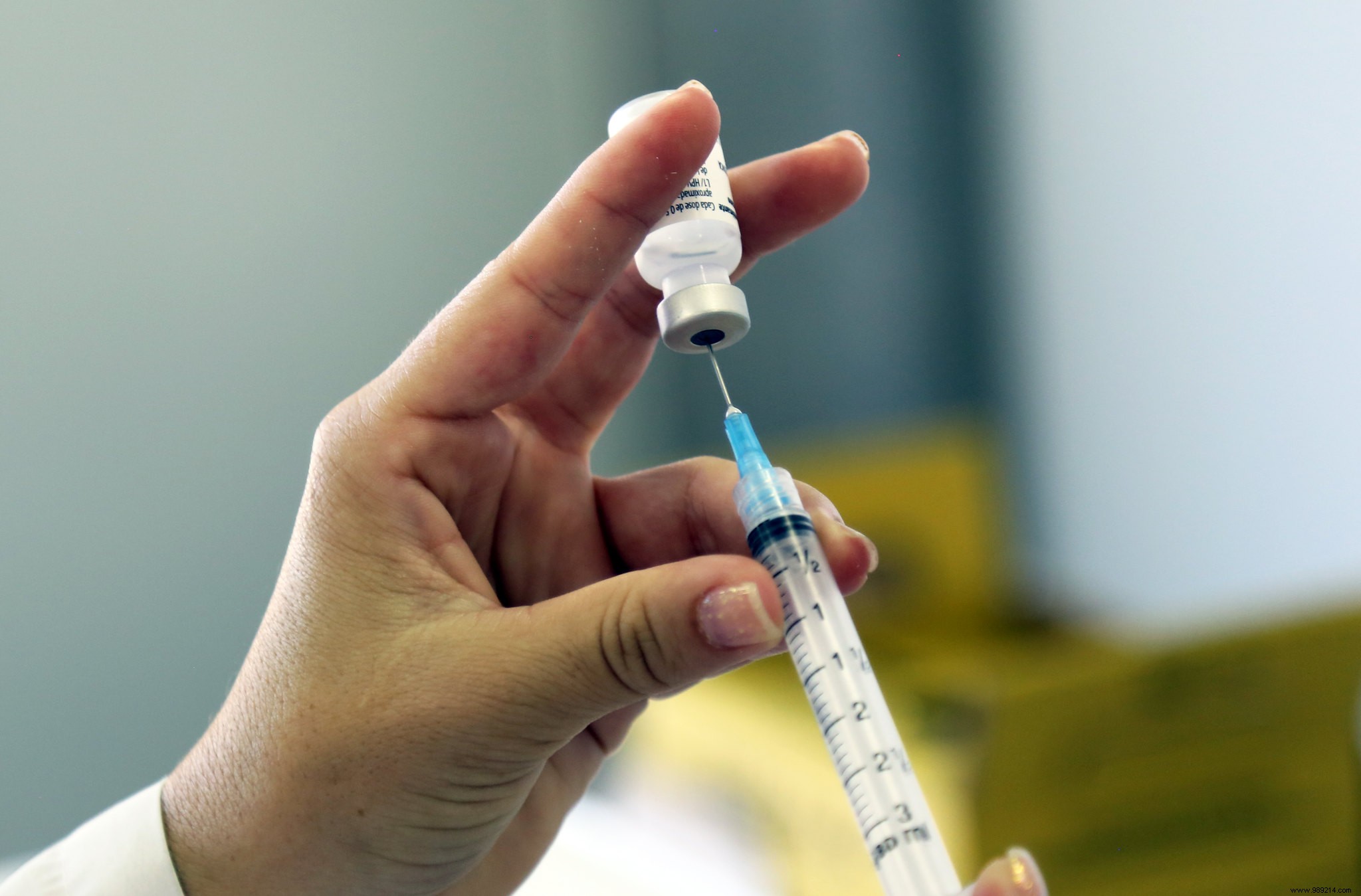Many vaccines currently in development involve a shot in the arm. However, some doctors believe that an intramuscular injection is not the best strategy for Covid-19. According to them, nasal administration would be more effective.
Research to develop a vaccine against SARS-CoV-2 continues. However, as the New York Times explains in a July 14, 2020 article, most of the 150 vaccines currently being tested involve injection through the arm . However, this would not be the best strategy.
Recall that SARS-CoV-2 is a pathogen that invades the respiratory tract via the mucous membranes. These are the moist and spongy tissues lining the nose but also the mouth, lungs and digestive tract. The mucous membranes can trigger an immune response via the cells and other molecules therein. For Akiko Iwasaki, immunologist at Yale University (USA), the possibility of nasal administration should be considered.
The immunologist explains himself by extolling the merits of the power of the immune responses of the mucous membranes. These could counterbalance the propagation speed of SARS-CoV-2. The goal? Launch an attack on several fronts when the virus tries to cross the barriers of our body. The expert believes that a nasal vaccine would be just as effective, or even more effective than an intramuscular vaccine.

Vaccines would be less effective without a significant mucosal response. For Anna Durbin, vaccinologist at Johns-Hopkins University (United States), sterilizing immunity would be more likely to be obtained nasally. Remember that this is a phenomenon relating to the elimination of the pathogen before it infects the cells of the body. If given an intramuscular vaccine, people would be immune to a severe version of the disease. On the other hand, the latter will not be totally safe from a mild infection and above all, could be contagious!
However, making a vaccine to be administered nasally is not easy. Indeed, it is not easy to reliably simulate mucosal immunity , and vaccines that target them have some drawbacks. A vaccine of this type with less risky ingredients (inactivated virus, genetic material) could solve the problem. However, this kind of formula may unfortunately not be able to generate a sufficient immune response. Thus, developing an effective mucosal vaccine could take longer and there is a good chance that the final product will not be among the first to market.